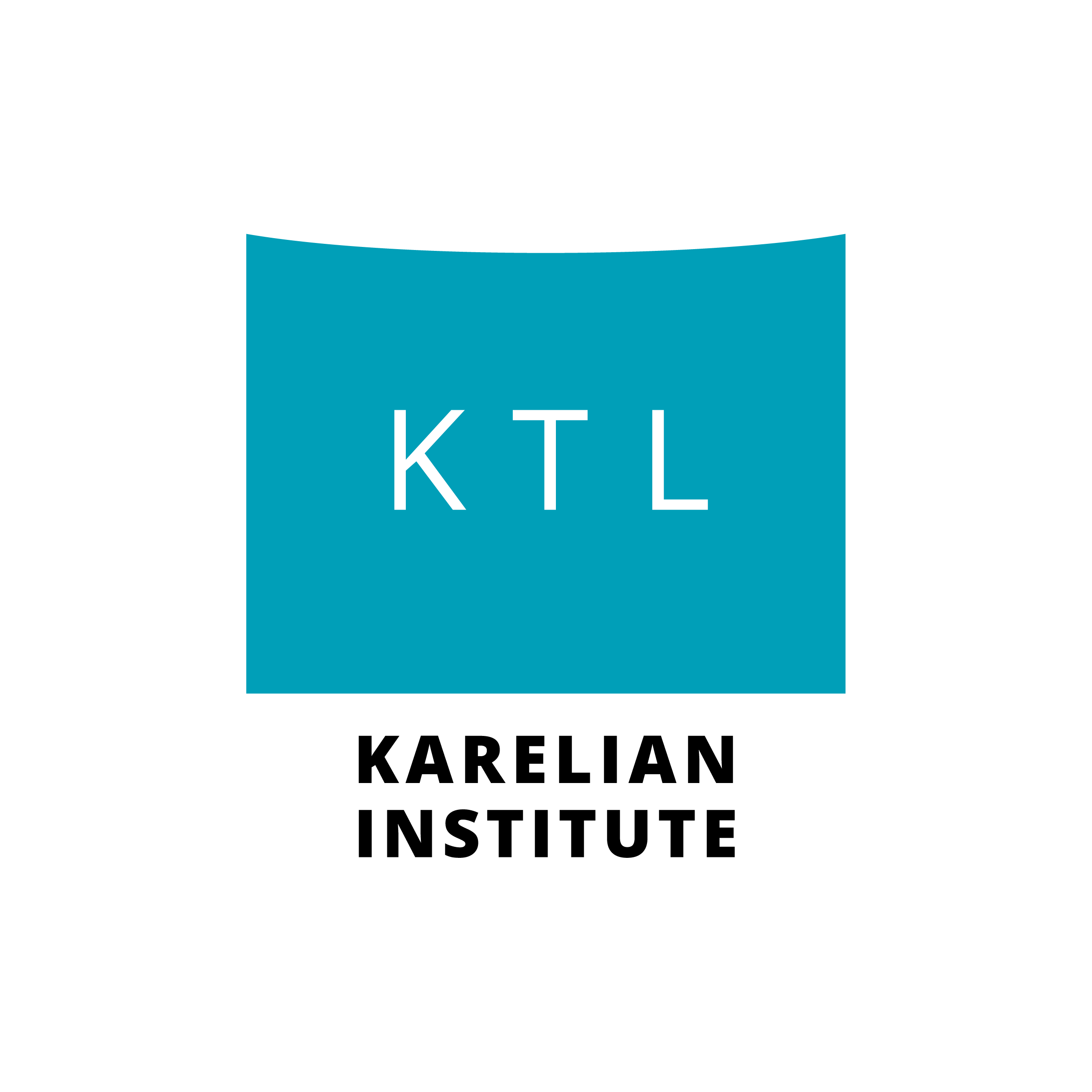Information and Human Security
The contemporary security panorama in Europe suggests the advent of a new, hybrid era of systemic confrontation. Traditionally, effective security has involved the physical protection of persons, well-being and state integrity. Today, the strengthened link between security and information erodes the protective function of physical borders. Moreover, covert and deniable tactics of hybrid influencing make direct responses difficult. Consequently, questions of European security increasingly reflect heightened concerns over the role that information/disinformation are assuming, not only in conditioning threat perceptions but in the inherent challenges they pose to the European Union and member states.
In a recent statement, the UK’s digital, culture, media and sport select committee warned of grave and externally manipulated threats to democracy that necessitate greater internet regulation. Similarly, Julian King, the European Commissioner for the Security Union, wrote in a July 2018 article that “Democracy is under threat from the malicious use of technology. The EU is fighting back.” These statements drive home the complex nature of security and the need to integrate ‘top-down’ and ‘bottom-up’ understandings of security.
As part of its overall research agenda, GLASE addresses the need to confront and counteract information that conveys (mis)representations, one-sided narrations and deliberate distortions of the EU as a political actor, a multifarious political community and an increasingly multicultural society. The GLASE consortium investigates the ‘intermestic’ nexus of security from a bottom-up perspective that understands socio-cultural borders not merely as sites of control but as frames for social and political agenda-setting. As a security factor, information can be broadly defined as the communication and reception of knowledge concerning specific issues, circumstances or facts. Information reduces uncertainty and is central to the organisation of everyday life as well as to a sense of social rootedness.
As recent events show us, one salient aspect of (dis)information is a rather old one: its use as ideological ammunition in geopolitical and domestic political contexts. For example, accusations of ‘fake news’, often heard in the media, are used to disqualify opponents and limit the possibility of open and measured debate over socially and security-relevant issues. Beyond this, however, disinformation aims at creating a sense of personal unease and insecurity as well as a collective sense of threat. In the case of security consequences of negative information, the potential for damage is greatly increased when it contributes to the sustained framing of a specific issue, group, political idea, etc. in ways that intentionally distort some aspects but nevertheless produce a seemingly coherent picture. We understand such framings in terms of socio-political imaginaries that in this case convey misleading and one-sided narratives of the European Union and its member states.
In terms of our research, one thing is clear: greater security resilience requires more than technical solutions or strategic investments in infrastructure. The perceptual and socially embedded foundations of security require greater consideration. In terms of interpreting impacts of imaginaries, GLASE tracks the narration of tendentious distinctions between peoples, cultures, values and states that potentially raise security concerns. We also suggest that a broad understanding of human security is key to understanding relationships between individual well-being, social resilience and national/European security.
At least two sets of security-related questions are linked to (dis)information. One is their potential ability to exacerbate socio-economic, regional and ethnic divisions. Another is an undermining of faith in the EU as a political community and a meaningful political actor. In both cases collective European values, liberal ideas and ethics are being put to severe tests. Without commensurate responses, (dis)information could damage trust in democratic institutions, erode the bases of social dialogue and multicultural conviviality and impact the well-being, cohesion and resilience of national societies. Radicalisation and populism within the EU have, for example, been promoted by social media, giving evidence of the manipulability of public sentiment through what has been termed ‘fake news’. Still, European policies, the EU’s global role and EU-internal processes and contexts cannot be ignored: propensities to be influenced by such information are enhanced by socio-economic inequalities, existential anxiety, socio-spatial exclusion and contestations of the EU’s external policies.
In linking human security and information, GLASE is elaborating a methodological approach that incorporates digitalised media analysis, symbolic-semiotic interpretation, qualitative content analyses and stakeholder interaction. Together these methods will help develop available as well as new tools for detecting and interpreting threats related to information.
Originally, the text is published in the blog of The Strategic Research Council (SRC) at the Academy of Finland
